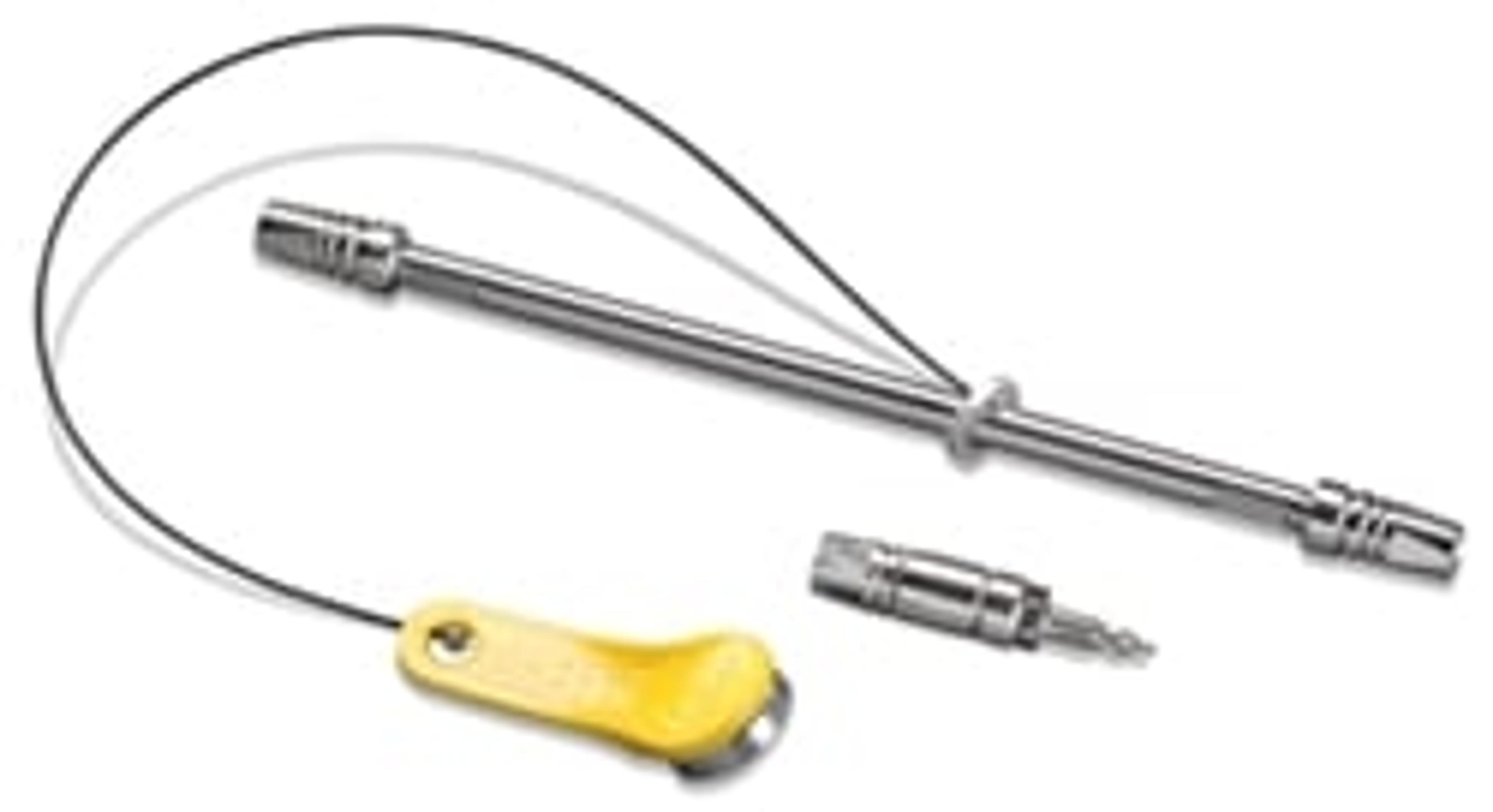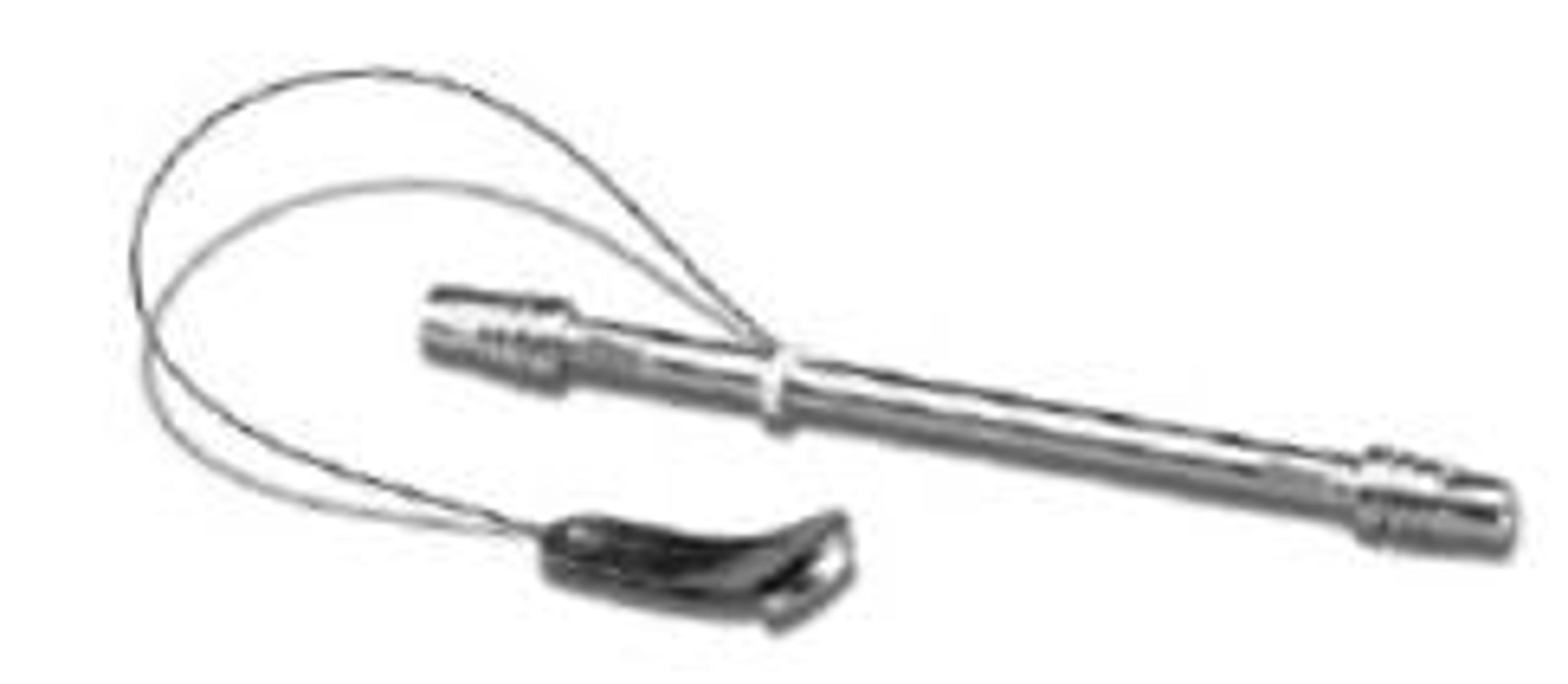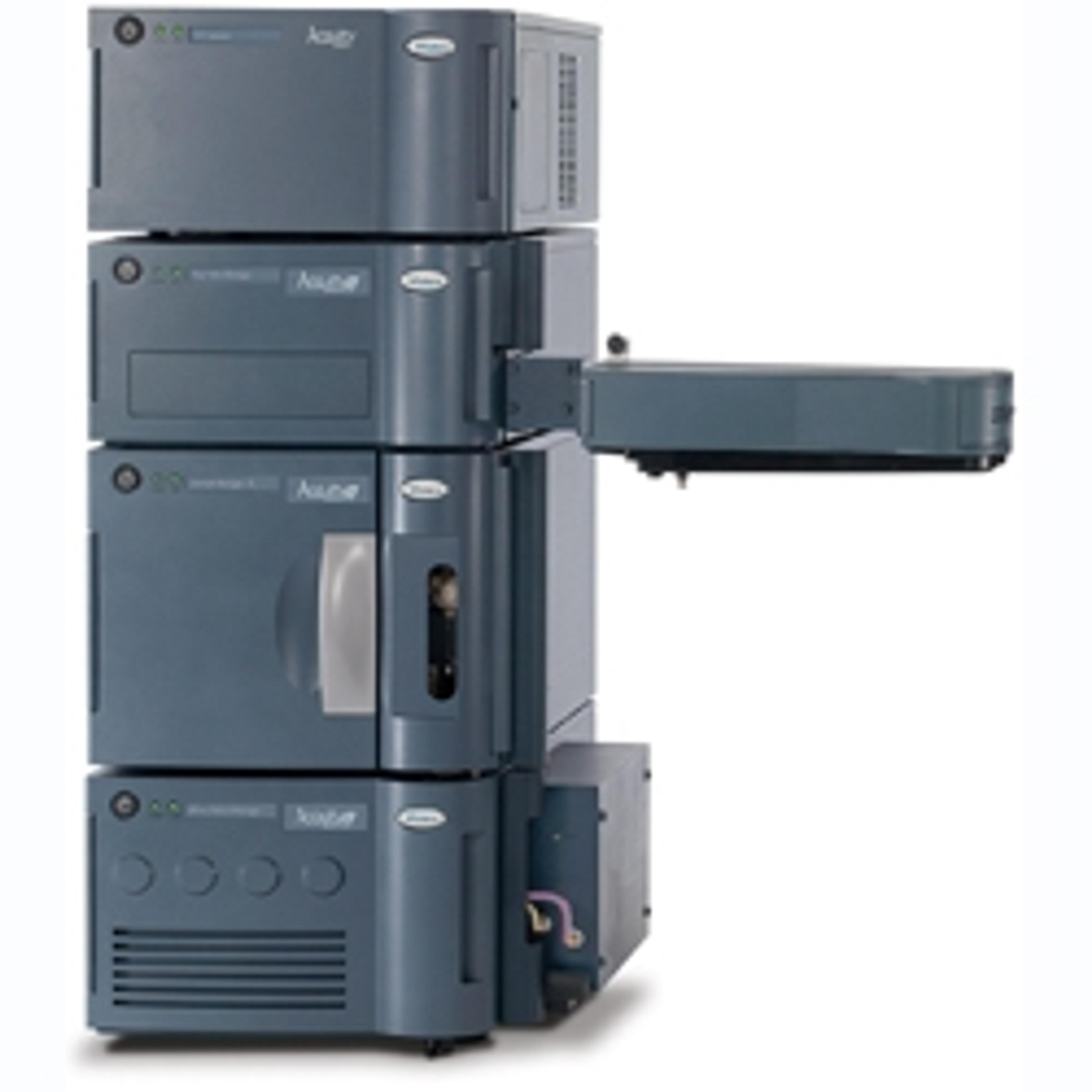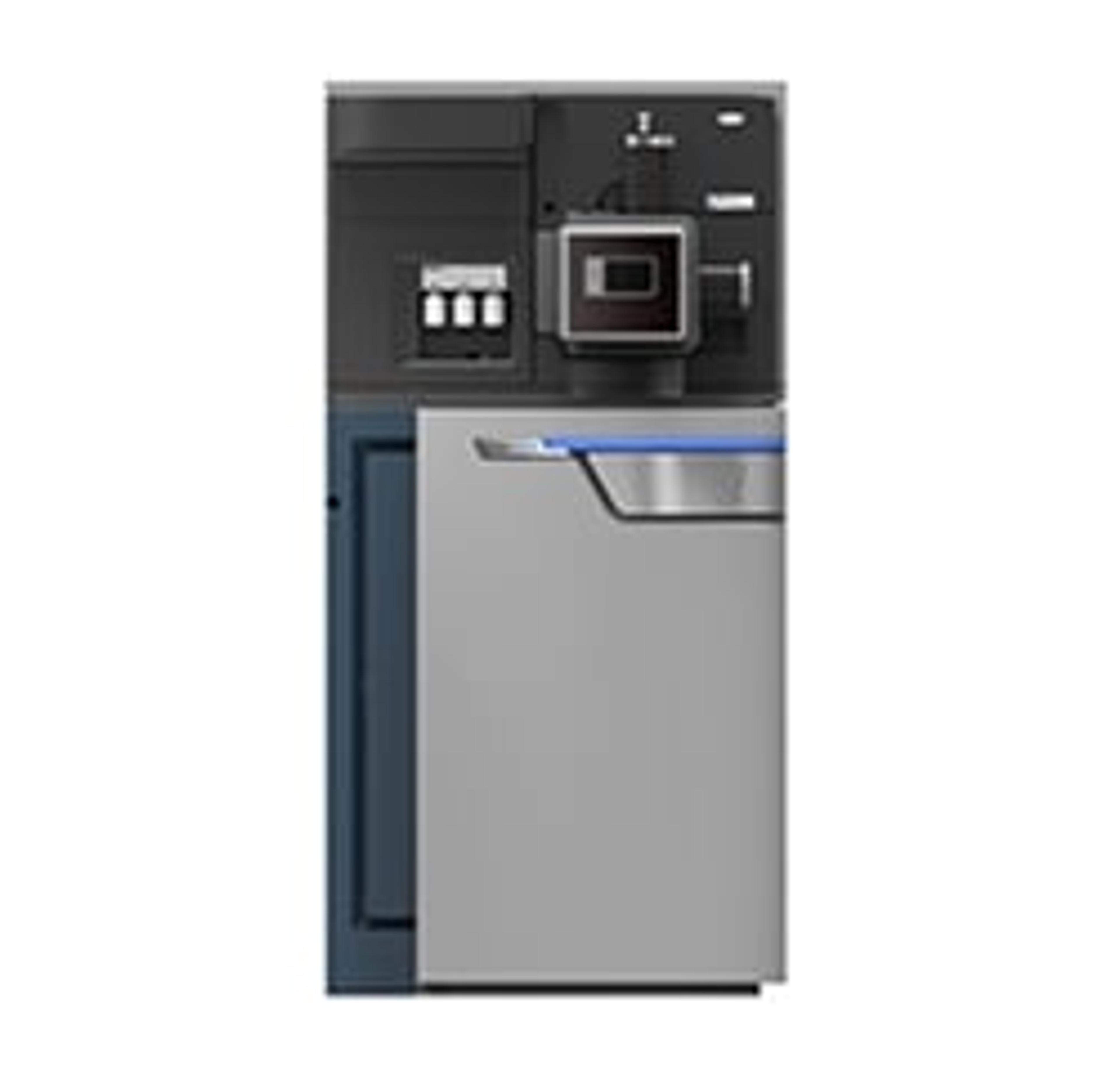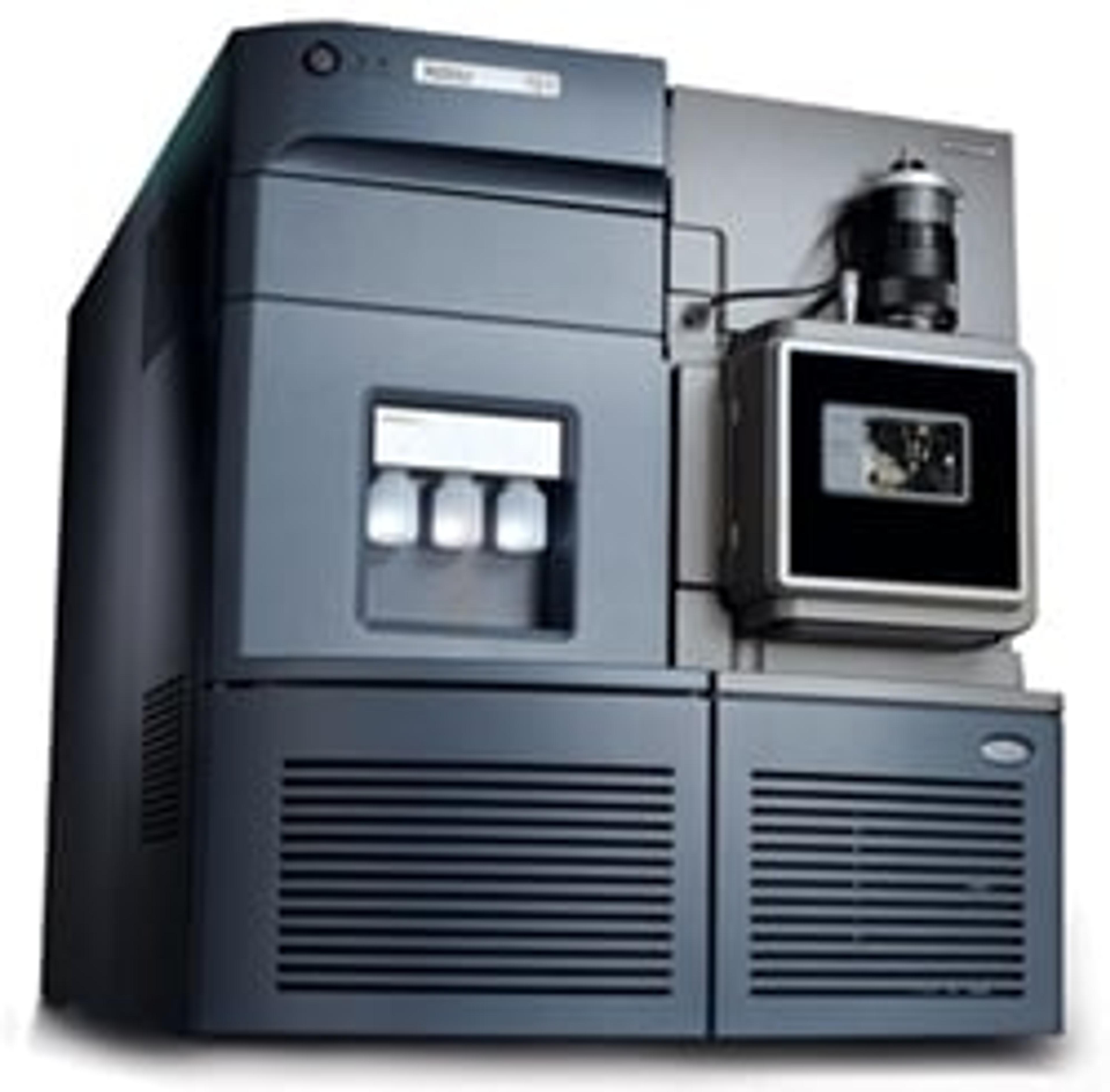Waters Expands ionKey/MS System Mass Spectrometer Availability and Separation Chemistries
17 Jun 2014
Waters Corporation announced the expansion of the ionKey/MS™ System to the SYNAPT G2-S, SYNAPT G2-Si, Xevo G2-S QTof and the newly introduced Xevo G2-XS QTof micro mass spectrometer at the 62nd American Society of Mass Spectrometry (ASMS) Conference on Mass Spectrometry and Allied Topics.
The ionKey/MS expansion also includes new iKey chemistries, specifically HSS T3 (high strength silica) and BEH C4 (Bridged Ethyl Hybrid) 1.7 μm UPLC grade particles in five and ten cm pathlengths. When first introduced, the iKey featured C18, BEH 300, Å CSH (Charged Surface Hybrid) and C18 BEH 130 Å.
“The feedback from early adopters has reaffirmed our belief that ionKey/MS will change how the world thinks about LC/MS,” said Ian King Ph.D., Vice President, Separations Technology, Waters Division. “Not only is ionKey/MS enabling more scientists to effectively apply micro scale chromatography/mass spectrometry by simplifying the user experience, we are more excited about the increases in sensitivity. Customers are telling us they are now able, for the first time, to obtain zeptomolar (<100,000 molecules) limits of quantification with MS technology.”
First unveiled in March 2014 for use with the ACQUITY® UPLC® M-Class System and Xevo® TQ-S Mass Spectrometer, the Waters® ionKey/MS System physically integrates a UPLC separation into the mass spectrometer producing a significant improvement in sensitivity, enabling scientists to achieve unparalleled separation and detection of compounds. Early adopters of the ionKey/MS System are already reporting exceptional sensitivity, robustness and ease-of-use out of mass spectrometry for applications as far-ranging as bioanalyses and pharmacokinetic studies to food safety and environmental analyses.
In addition to the enhanced sensitivity, scientists praise the plug and play nature of ionKey/MS. Scientists no longer have to contend with delicate fittings and columns and concern themselves with extra column dispersion and the inevitable variability and band broadening that comes with it.
One scientist who has seen what the ionKey/MS System can do is Rand Jenkins, Ph.D. and Scientific Director of PPD Laboratories (www.ppd.com), a global contract research organization specializing in drug discovery, development, life cycle management and laboratory services. "I strongly believe that systems combining ease of use and optimum microflow performance, exemplified by Waters ionKey/MS, will be the next wave in both routine and advanced LC/MS analysis."
The size of a smart phone, the ionKey/MS System’s iKey Microfluidic Separation Device contains the fluidic connections, electronics, ESI interface, column heater, eCord™ Intelligent Chip Technology and the 1.7 micron UPLC grade particles packed inside a 150 micron I.D. channel to perform hundreds upon hundreds of UPLC separations reproducibly and reliably without degradation in performance. The Waters iKey separation device is designed so that all it takes is a few seconds for a scientist to insert it into the source of the mass spectrometer and with the turn of a key, make the fluidic and electric connections and lock it into place. Besides storing the iKey device’s dimensions, chemistry type, serial number, manufacturing and QC history, the unique eCord chip captures and records information such as operator name, instrument name, sample set name, date of first and last injection, total number of injections, observed back pressures and operating temperatures – usage data that is tied to the individual iKey device and is accessed with Waters Software.
At this scale of chromatography, the savings in solvent approaches 90% and along with the ease-of-use and gains in sensitivity ionKey/MS System brings to the laboratory is a true game-changer.
For quantifying extremely low abundance analytes, researchers often turn to microscale LC techniques because of their ability to produce clean spectra, minimizing background noise and optimizing ionization efficiency. As reported in Bioanalysis, January 2014, Merck scientists beta-testing the ionKey/MS System reported a >60-fold increase in sensitivity for GLP-1, a hormone peptide, and other selected analytes as compared to traditional 2.1mm chromatography. The method they developed on Waters ionKey/MS System reported achieved an overall 20-fold increase in sensitivity (0.5 picomoles vs. 11 picomoles) for endogenous levels of GLP-1 in human plasma, a faster run time (nine minutes vs. 35 minutes), increased specificity and resolution over a more traditional LC-MS/MS method.

